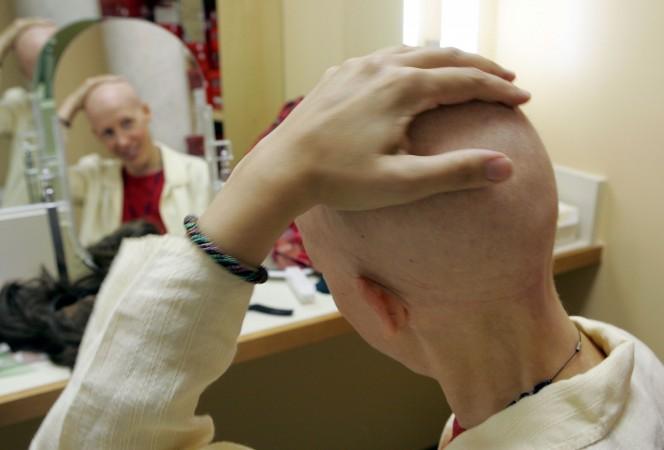
Previously research suggests that women work the night shift are more at risk of obesity. Now, a new study has found that female night shift workers have a 19 percent increased risk of developing breast, skin, and gastrointestinal cancer compared to who do not work in the night.
Also read: Woman beats cancer using TURMERIC after stopping all treatment
The research was originally published in a journal of American Association for Cancer Research, Cancer Epidemiology, Biomarkers and Prevention.
Conducted by the researchers from Sichuan University in China, the research is the result of the analysis of 61 different studies covering nearly four million people across North America, Europe, Australia, and Asia.
Xuelei Ma, assistant professor and senior author of the paper, said: "Our study indicates night shift work serves as a risk factor for common cancers in women. Long-term night shift workers should have regular physical examinations and cancer screenings."
Professor Ma also explained how the risk of getting cancer increases depending on their work hour. The longer they work night shifts, the chances of getting cancer are higher.
Researchers looked into the matter more closely to understand the kind of cancer they are getting — women who worked night shifts for longer periods of time had a 41 percent higher risk of skin cancer, 32% higher risk of breast cancer and an 18% greater risk of digestive system cancers compared to women who did not perform long-term night shifts.

"We were surprised to see the association between night shift work and breast cancer risk only among women in North America and Europe," said Ma. "It is possible that women in these locations have higher sex hormone levels, which have been positively associated with hormone-related cancers such as breast cancer."
Speaking of the nurses' profession, Ma said their rate can differ as they tend to work in night shifts very often than others and also get more screening than any average woman.
"Nurses that worked the night shift were of a medical background and may have been more likely to undergo screening examinations," noted Ma.
There are several factors that could cause cancer in women — disruption in the normal sleep-wake cycle, working under artificial light.
"Our study indicates that night shift work serves as a risk factor for common cancers in women," said Ma.
"These results might help establish and implement effective measures to protect female night shifters. Long-term night shift workers should have regular physical examinations and cancer screenings."
















